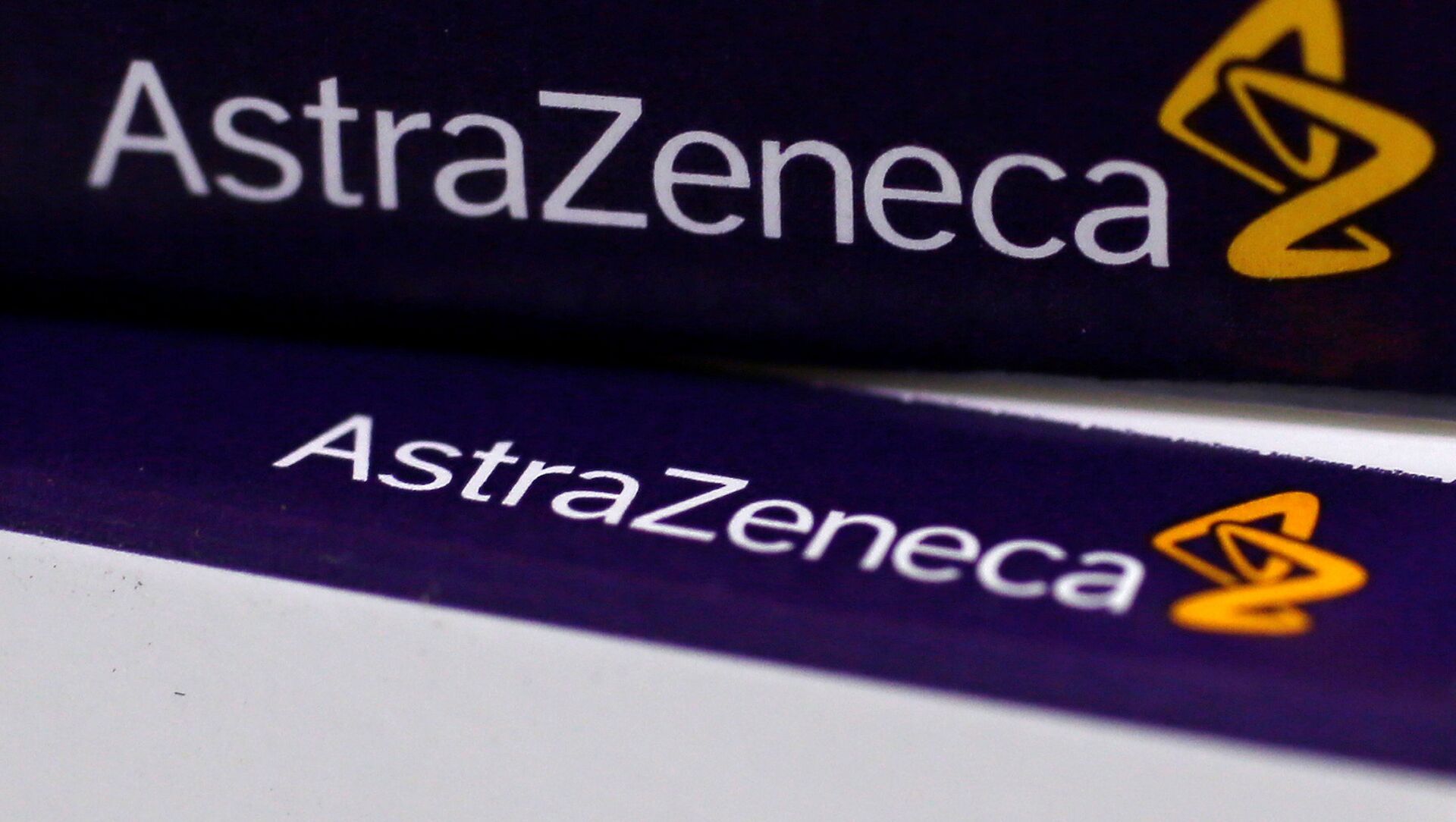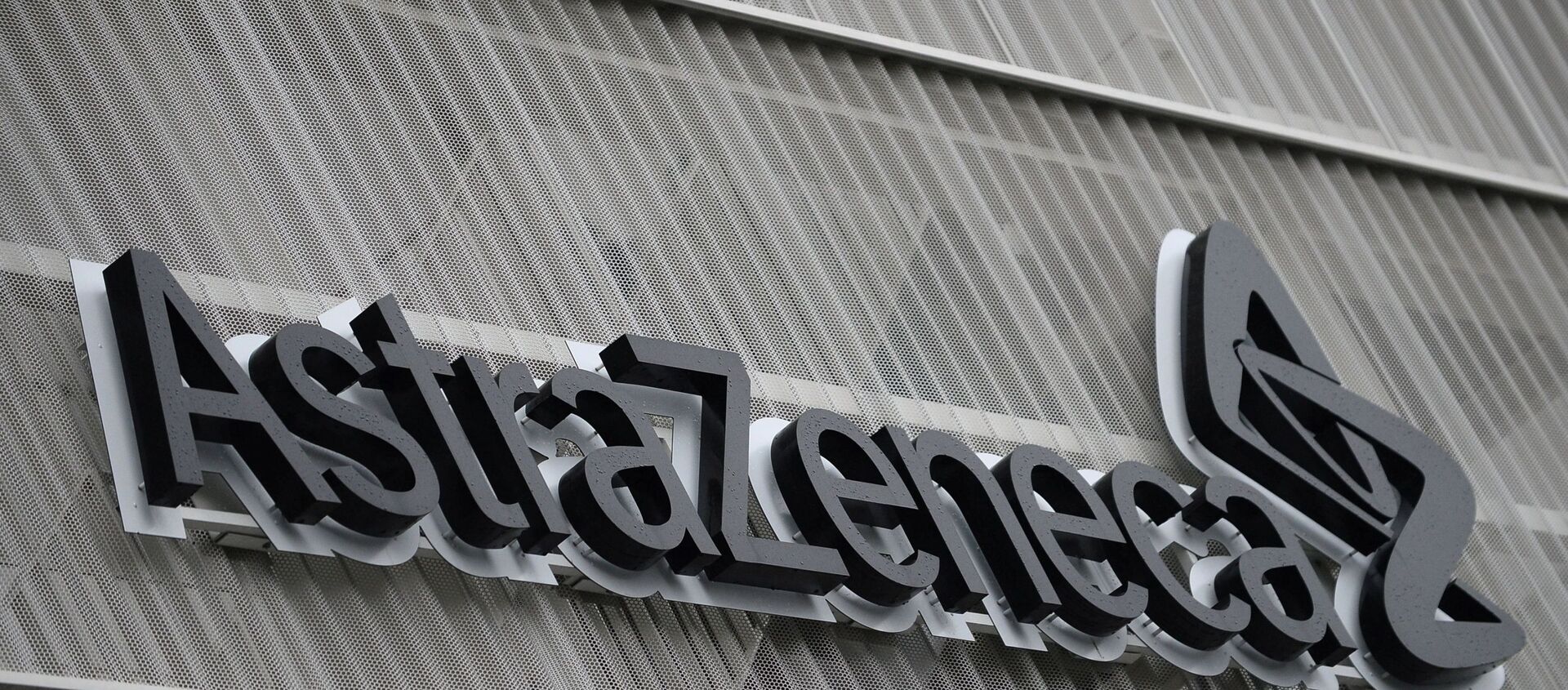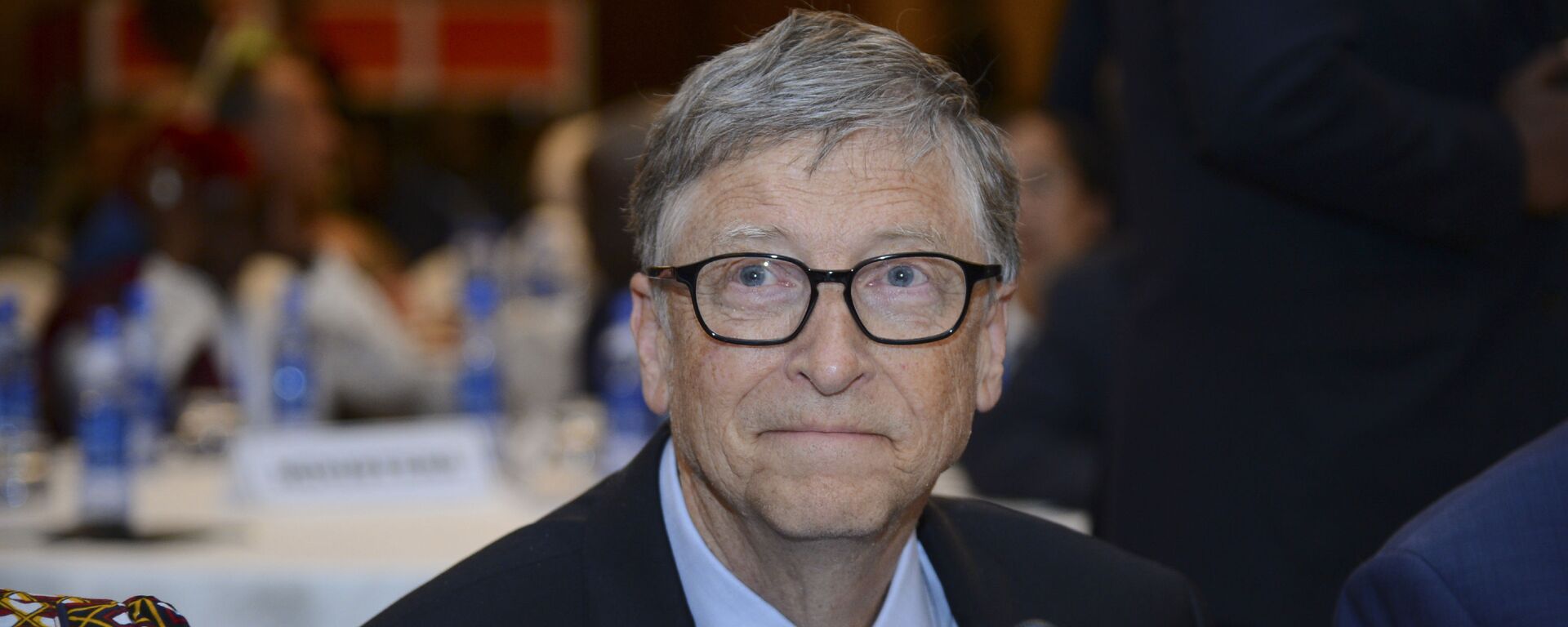France, Germany, and Belgium are threatening to take legal action against British pharmaceutical giant AstraZeneca over its failure to deliver vaccines on time amid production problems at a plant in Belgium and suspicions that the company was hoarding supplies for Britain, The Telegraph and The Guardian report, citing European officials.
On Sunday night, European Commission President Ursula Von Der Leyen announced that the UK pharmaceutical giant had agreed to supply Europe with an additional nine million doses of the vaccine by March, with deliveries expected to begin ahead of schedule. The agreement will see the bloc receive roughly 40 million of the originally expected 100 million doses by the end of next month. The European Commission originally ordered a total of 400 million doses of the Oxford/AstraZeneca vaccine.
Meanwhile, France’s European Affairs minister Clement Beaune has warned of “penalties or sanctions” if it’s found out that the British company has given priority to UK orders. “Our contracts need to be respected. Respecting contracts are not moral commitments, they are legal commitments,” he said.
“I don’t want suspicion, [or] conspiracy, but we need clarity and transparency,” the minister added, saying that along with slapping AstraZeneca with a lawsuit, Europe could simply refuse to make a final payment to the company for the vaccines, in accordance with the terms of the contract.
Germany Economy Minister Peter Altmaier echoed the warning, saying that “if it turns out that companies have not respected their obligations, we will have to decide the legal consequences.”
Belgian Prime Minister Alexander De Croo indicated that inspections of an AstraZeneca factory at Seneffe by both Belgian and EU officials had so far found no evidence of foul play, but similarly warned that “if it becomes evident that the contract is not being respected, we have the means to hit back.”
“I hope that this won’t be necessary, and I don’t think that it’s necessary,” the prime minister said.
Useless Vaccine?
The threat comes following French President Emmanuel Macron’s remarks last week in which he suggested that that AstraZeneca’s preparation appeared to be only “quasi-ineffective” on adults above the age of 65, and complained that its jab “doesn’t work the way we were expecting it to.”
German officials expressed similar concerns, with the country’s health ministry raising questions about the vaccine’s efficacy in older adults and suggesting outright banning the vaccine from being given to people over the age of 65.
Along with AstraZeneca, Pfizer has also reported on production problems in Europe, with its Puurs, Belgium production plant facing issues leading to delayed delivery. The American multinational pharmaceuticals giant is promising to ship up to 600 million doses of its vaccine, developed in cooperation with German biotechnology company BioNTech, in 2021. Brussels has negotiated 300 million doses from French pharmaceutical giant Sanofi, 400 million from Johnson & Johnson, 405 million from CureVac, and 160 million doses from Moderna.
The bloc has also held talks with Novavax for up to 200 million doses, and Valneva for 60 million doses, for a total of over 2.5 billion doses, which would be enough to vaccinate every man, woman and child in the bloc five times over.
On Sunday, UK International Trade secretary Liz Truss promised that London would work with other countries on vaccine distribution after vaxing its “most vulnerable” population first. “We’ve got enough vaccines to more than vaccinate the whole population and also help the rest of the world,” she insisted.
About 12 percent of the population of Britain has already received their first coronavirus vax jab, compared with just over 2 percent in the EU.




